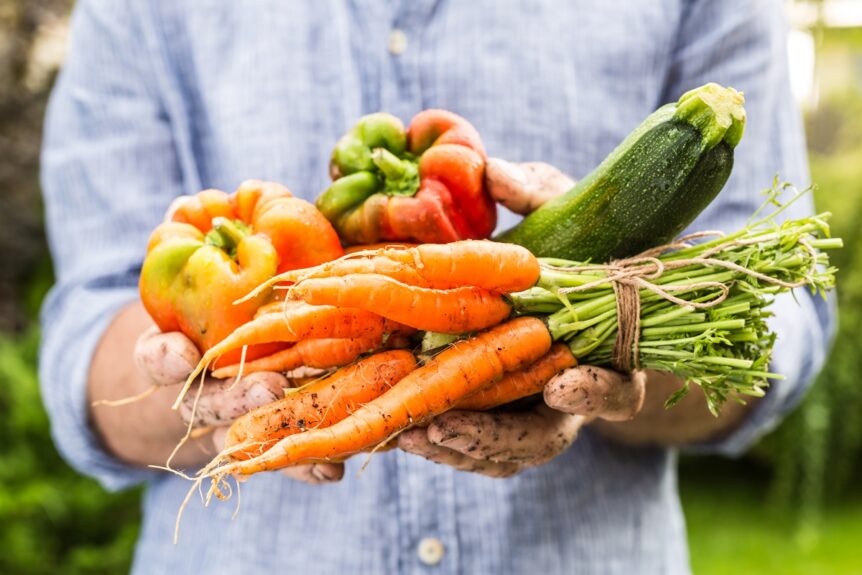Creating a sustainable garden is not just about aesthetics—it’s about making practical choices that benefit your home and the environment. Here are 25 smart ways your garden can enhance your home’s sustainability.
1. Grow Your Own Food
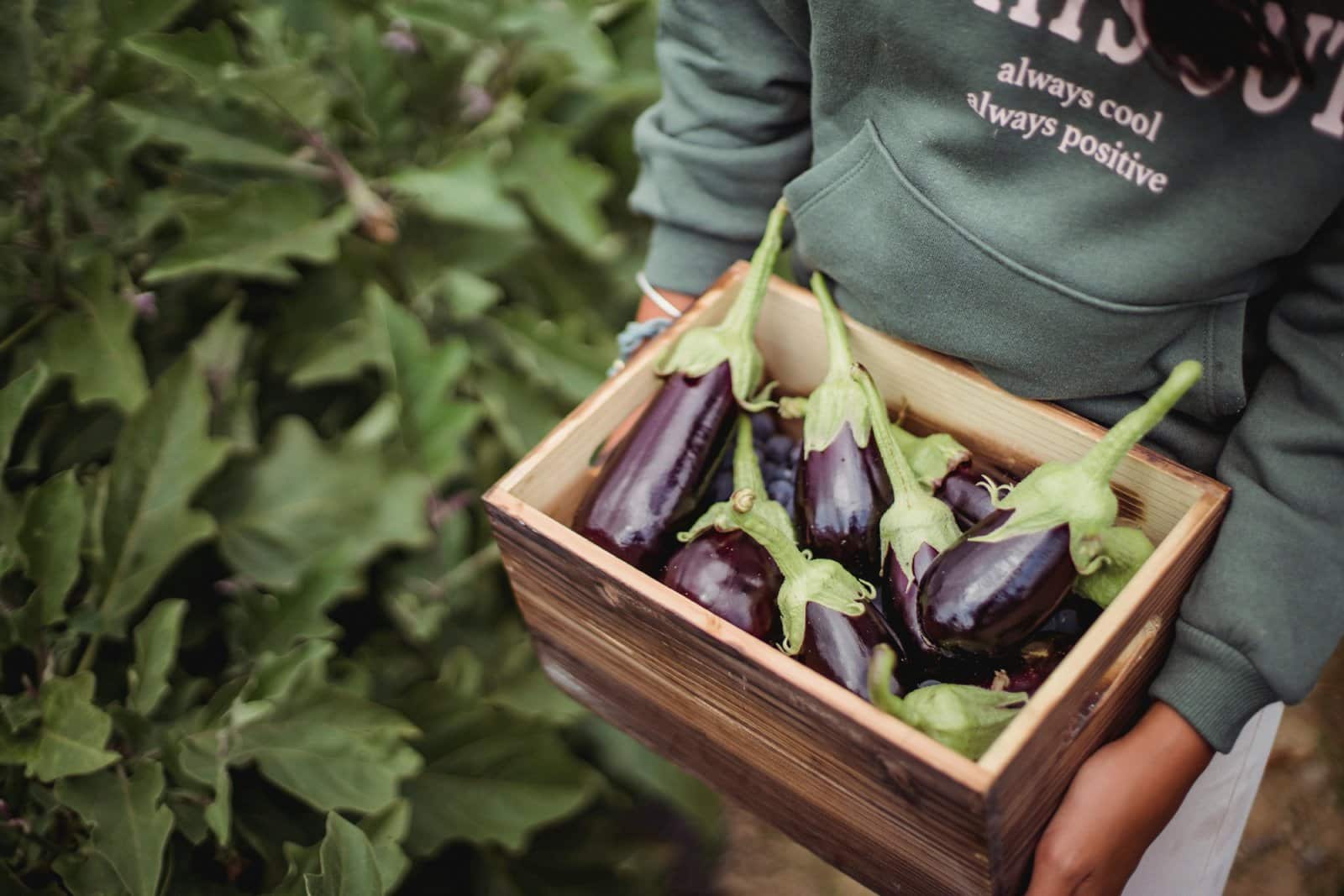
Image Credit: Pexels / Zen Chung
Planting vegetables, fruits, and herbs reduces your grocery bill and carbon footprint. Fresh, home-grown produce also tastes better and is free from harmful pesticides.
2. Compost Organic Waste
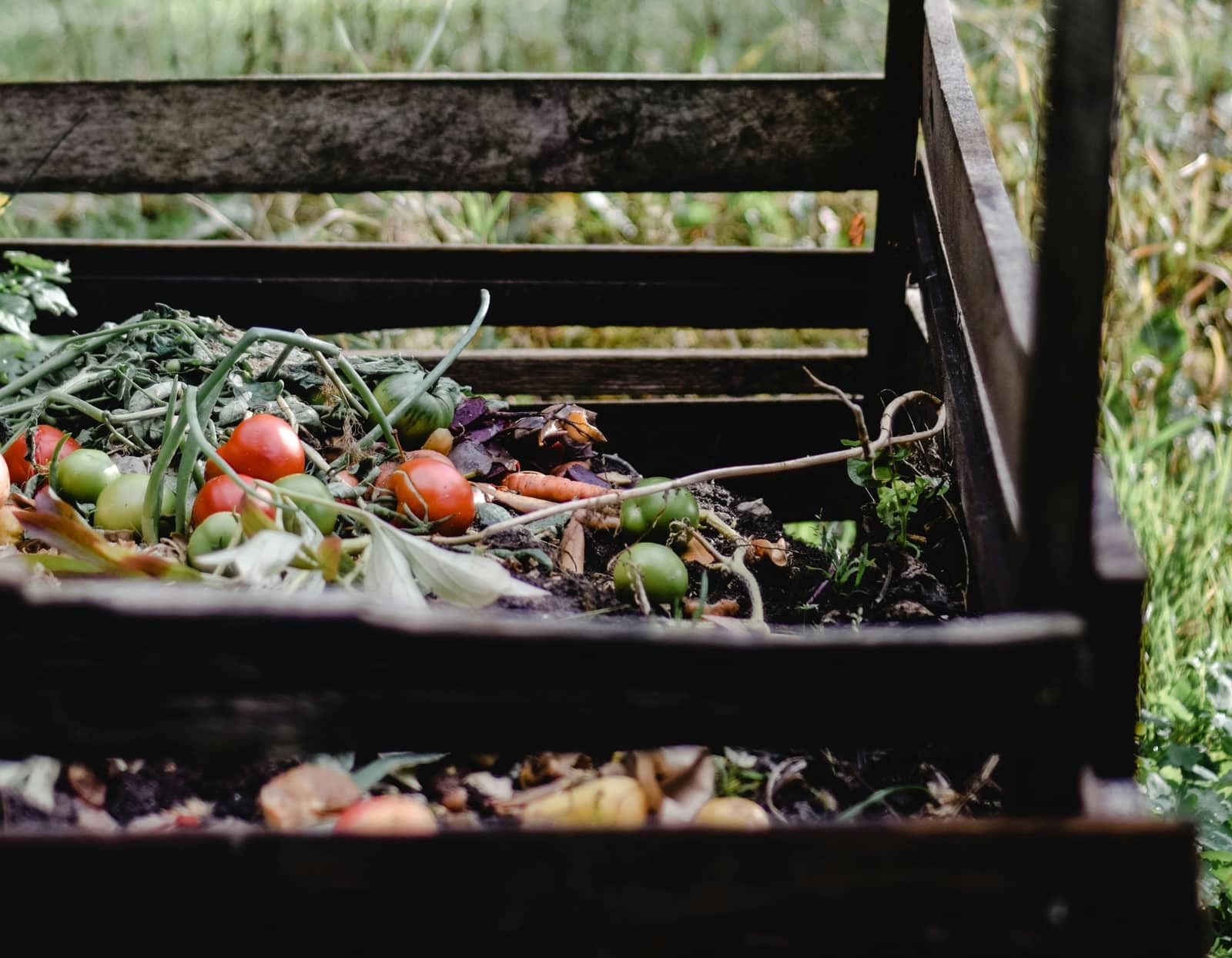
Image Credit: Pexels / Eva Bronzini
Composting kitchen scraps and garden waste creates nutrient-rich soil. This reduces landfill waste and provides a natural fertilizer for your plants.
3. Harvest Rainwater
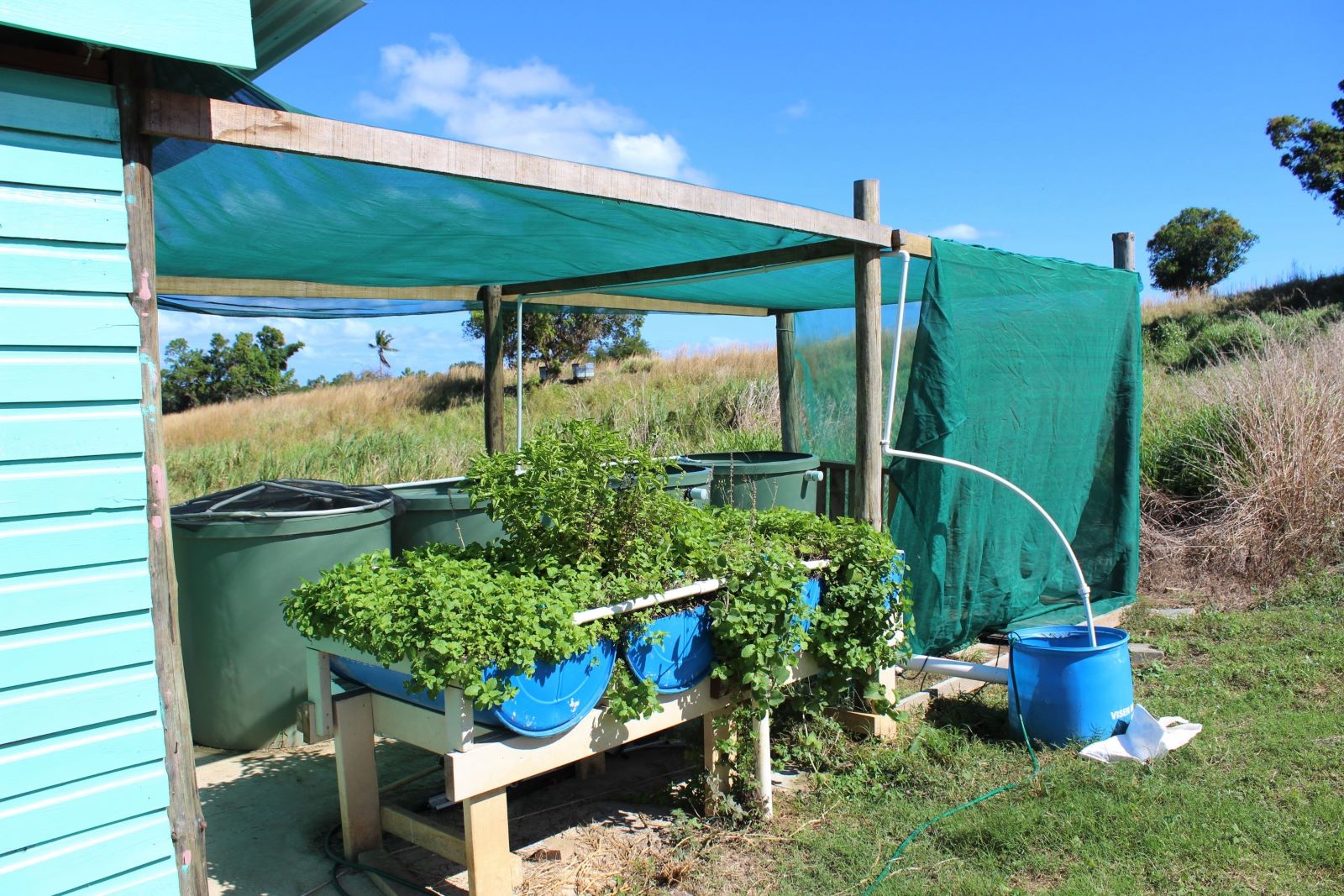
Image Credit: Shutterstock / Worchi Zingkhai
Collecting rainwater in barrels can significantly reduce your water usage. Use this water for irrigation and save on your water bill.
4. Plant Native Species
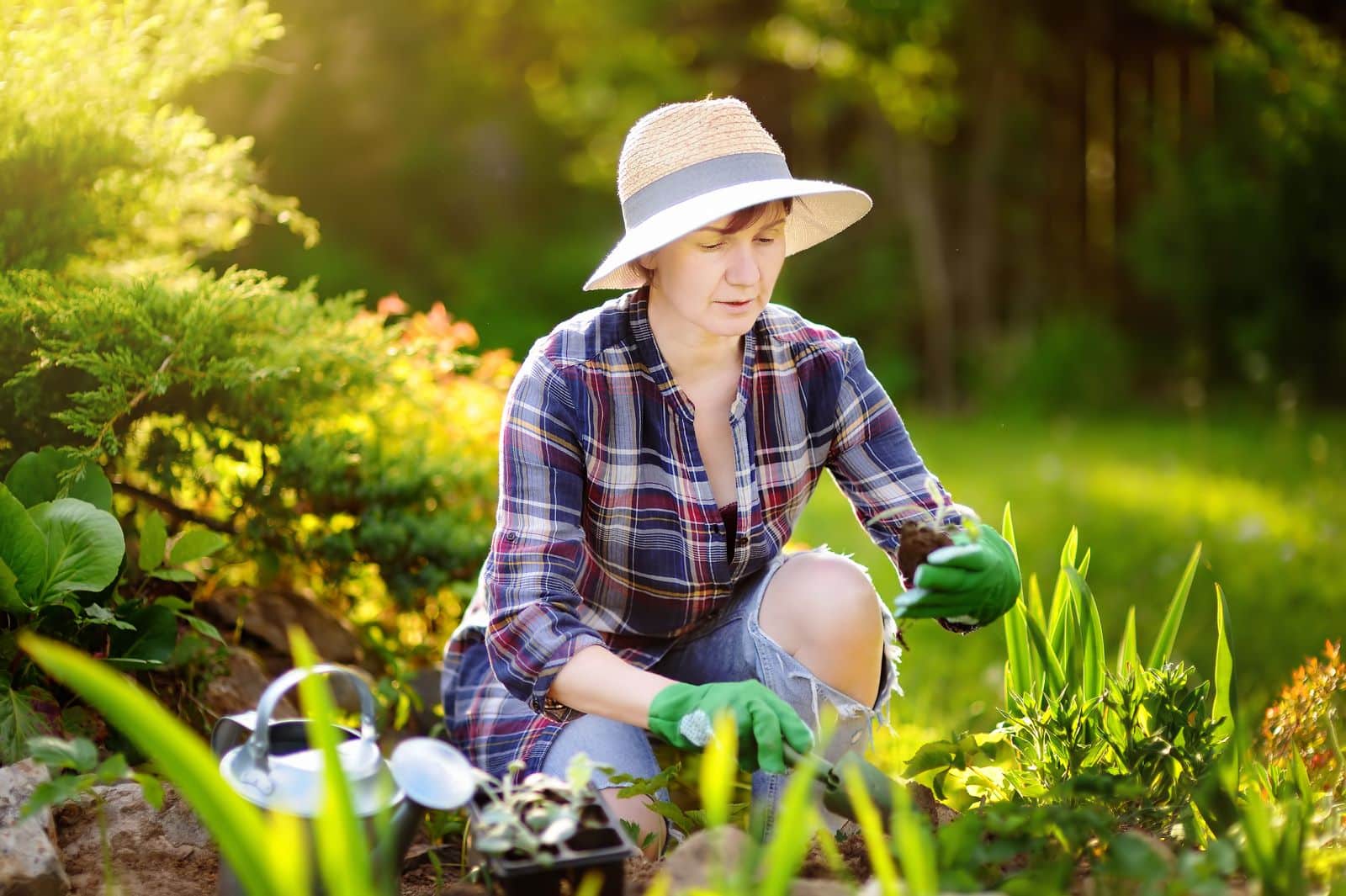
Image Credit: Shutterstock / Maria Sbytova
Native plants require less water and are more resistant to local pests and diseases. This reduces the need for chemical fertilizers and pesticides.
5. Create a Pollinator Garden
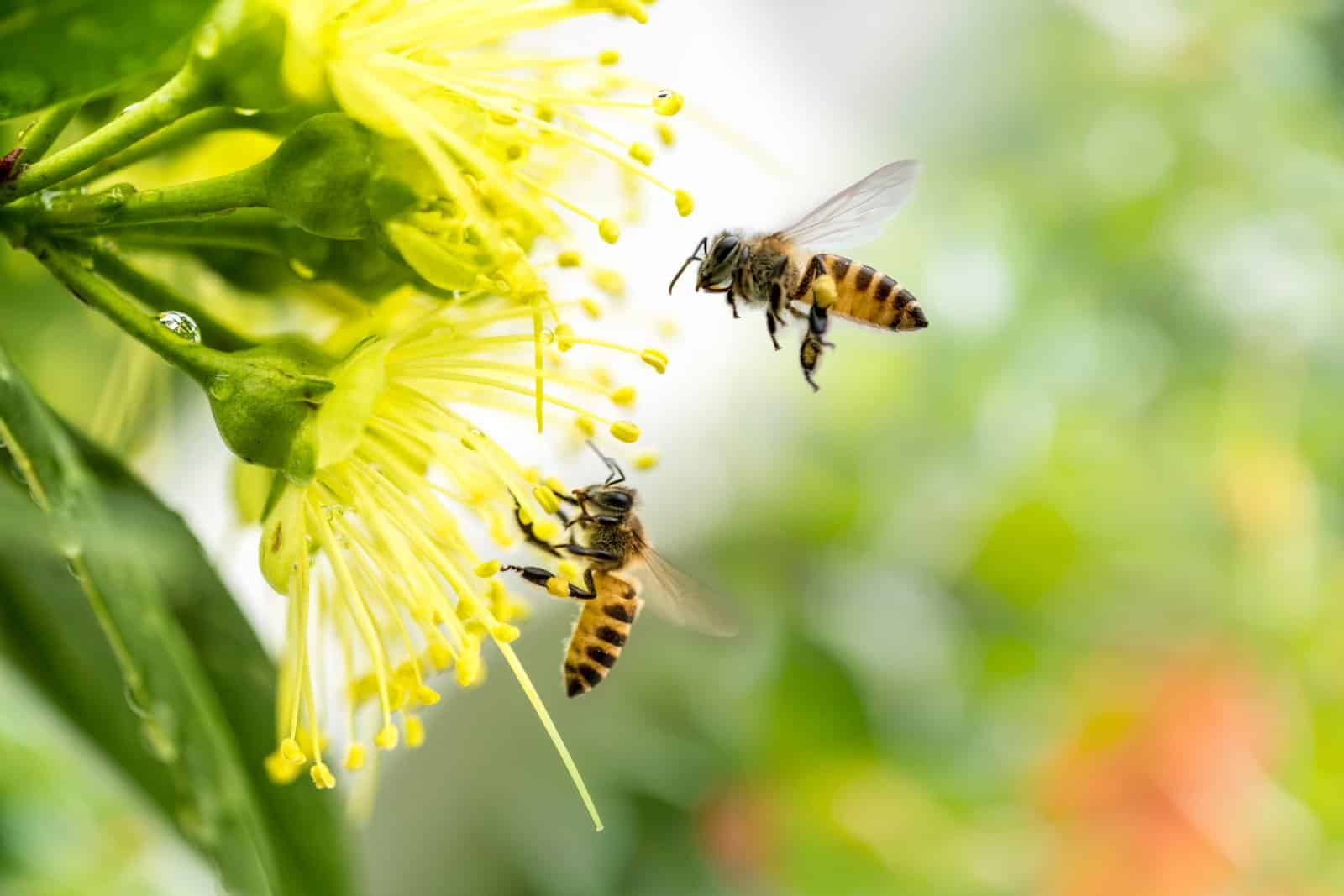
Image Credit: Shutterstock / MERCURY studio
Attract bees, butterflies, and other pollinators by planting a variety of flowering plants. Pollinators are essential for a healthy ecosystem and help your garden thrive.
6. Use Mulch
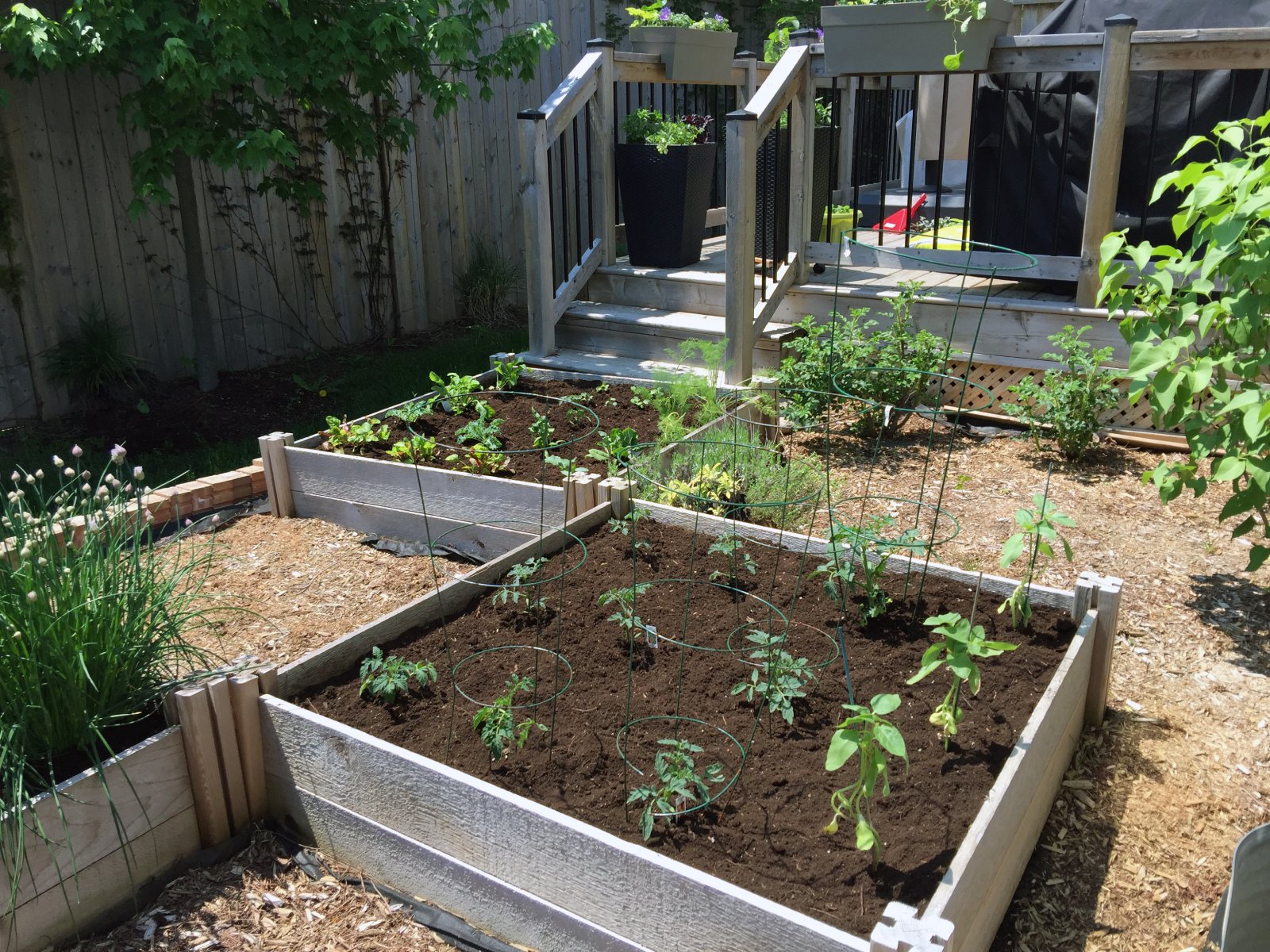
Image Credit: Shutterstock / Joanne Dale
Applying mulch conserves soil moisture, reduces weed growth, and improves soil health. It also helps moderate soil temperature.
7. Install a Drip Irrigation System
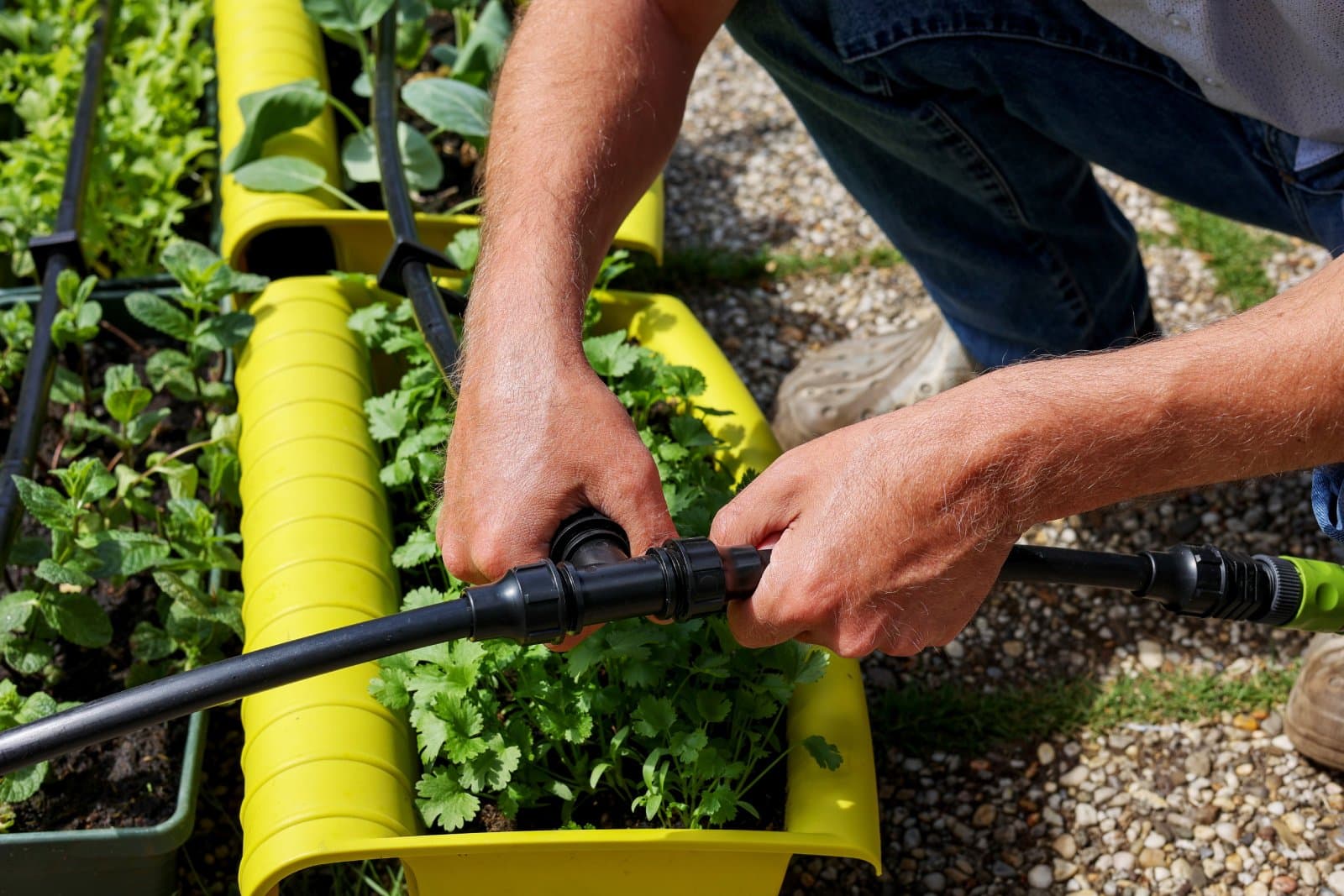
Image Credit: Shutterstock / MERCURY studio
Drip irrigation systems use less water than traditional sprinklers. They deliver water directly to plant roots, reducing evaporation and runoff.
8. Build Raised Beds
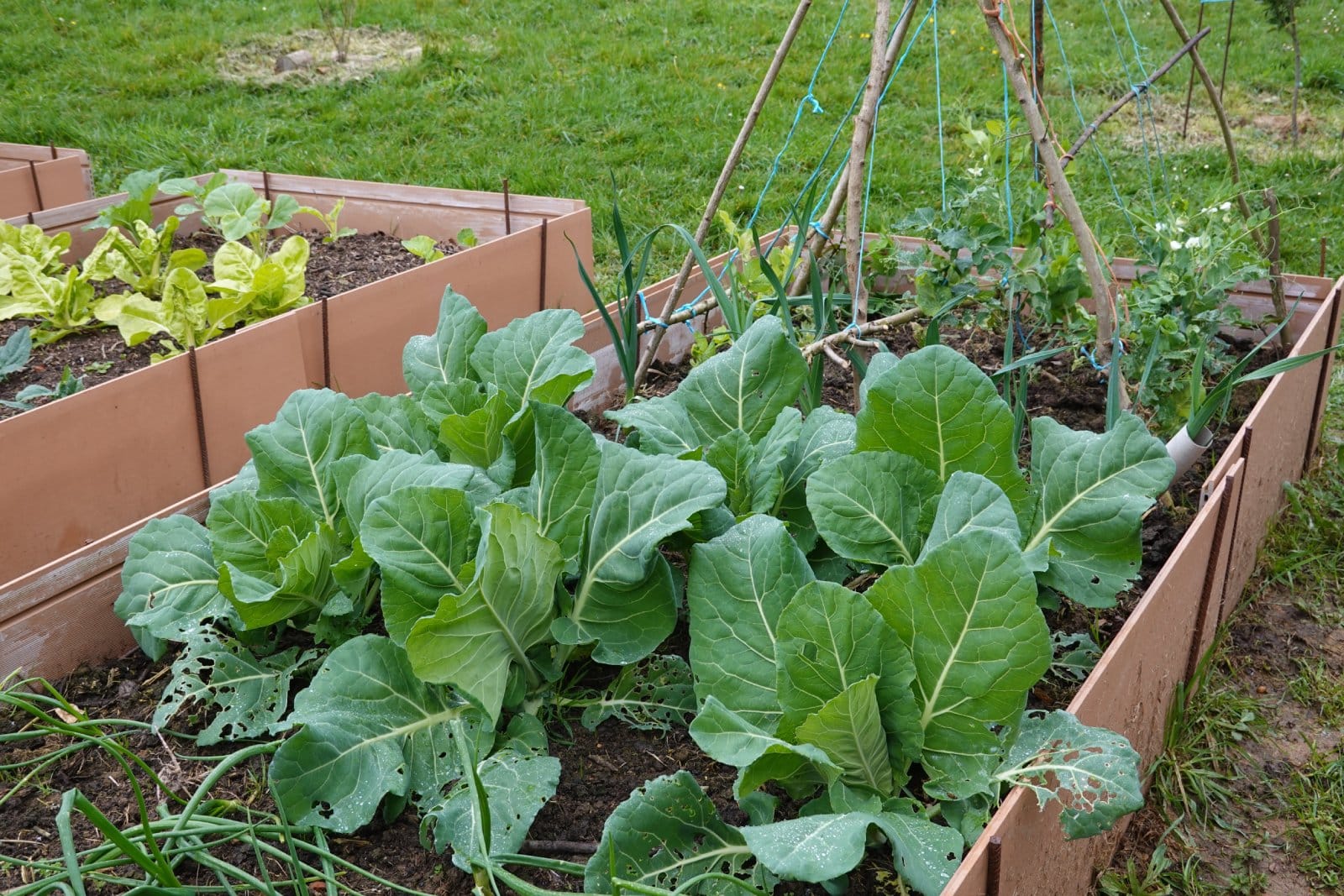
Image Credit: Shutterstock / La Huertina De Toni
Raised garden beds improve soil drainage and reduce soil compaction. They also make gardening easier on your back and knees.
9. Practice Crop Rotation

Image Credit: Shutterstock / Aleksandar Malivuk
Rotating crops prevents soil depletion and reduces the risk of pests and diseases. It also helps maintain soil fertility.
10. Use Organic Fertilizers
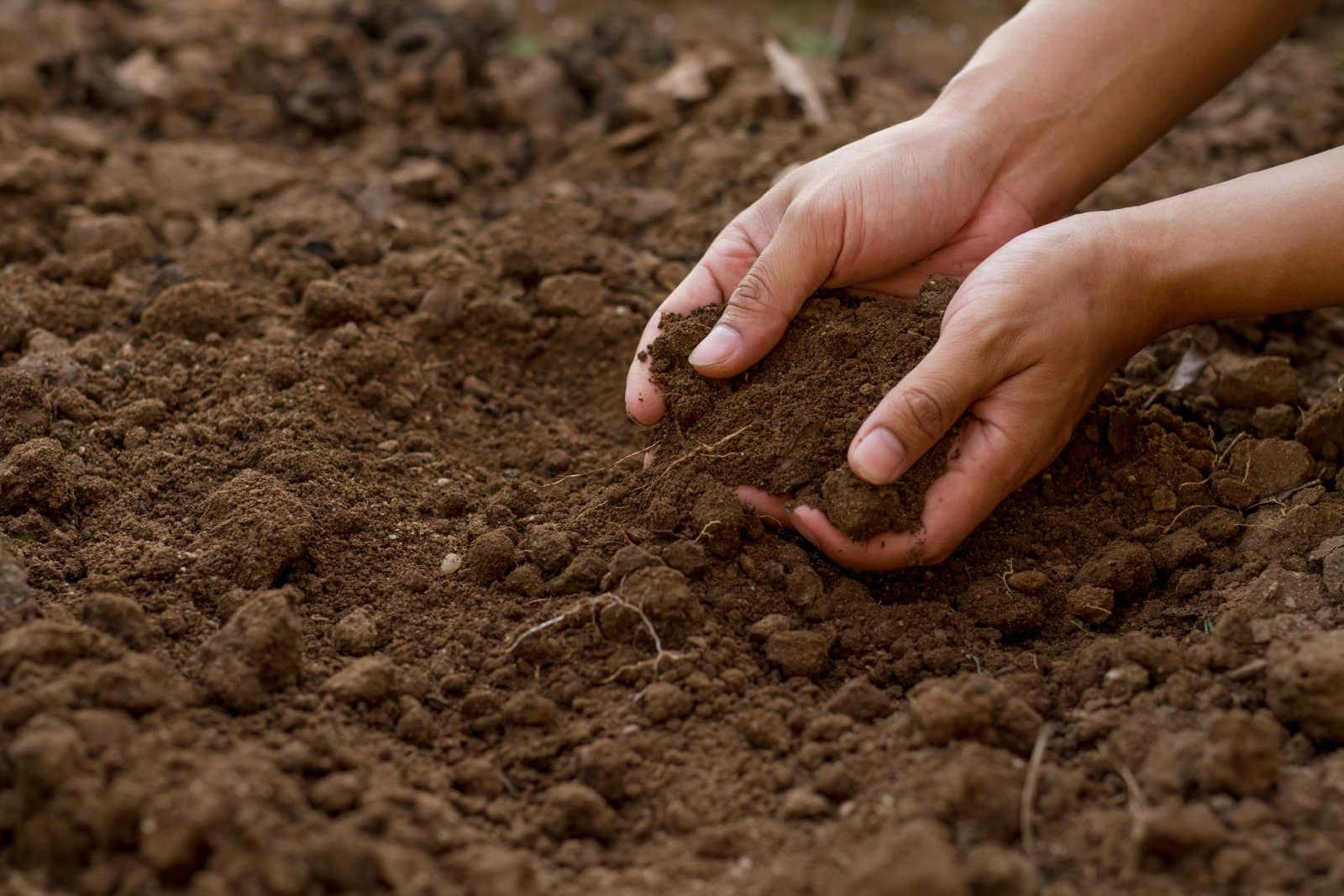
Image Credit: Shutterstock / Piyaset
Organic fertilizers improve soil structure and fertility without harmful chemicals. They release nutrients slowly, providing a steady supply for plants.
11. Implement Companion Planting
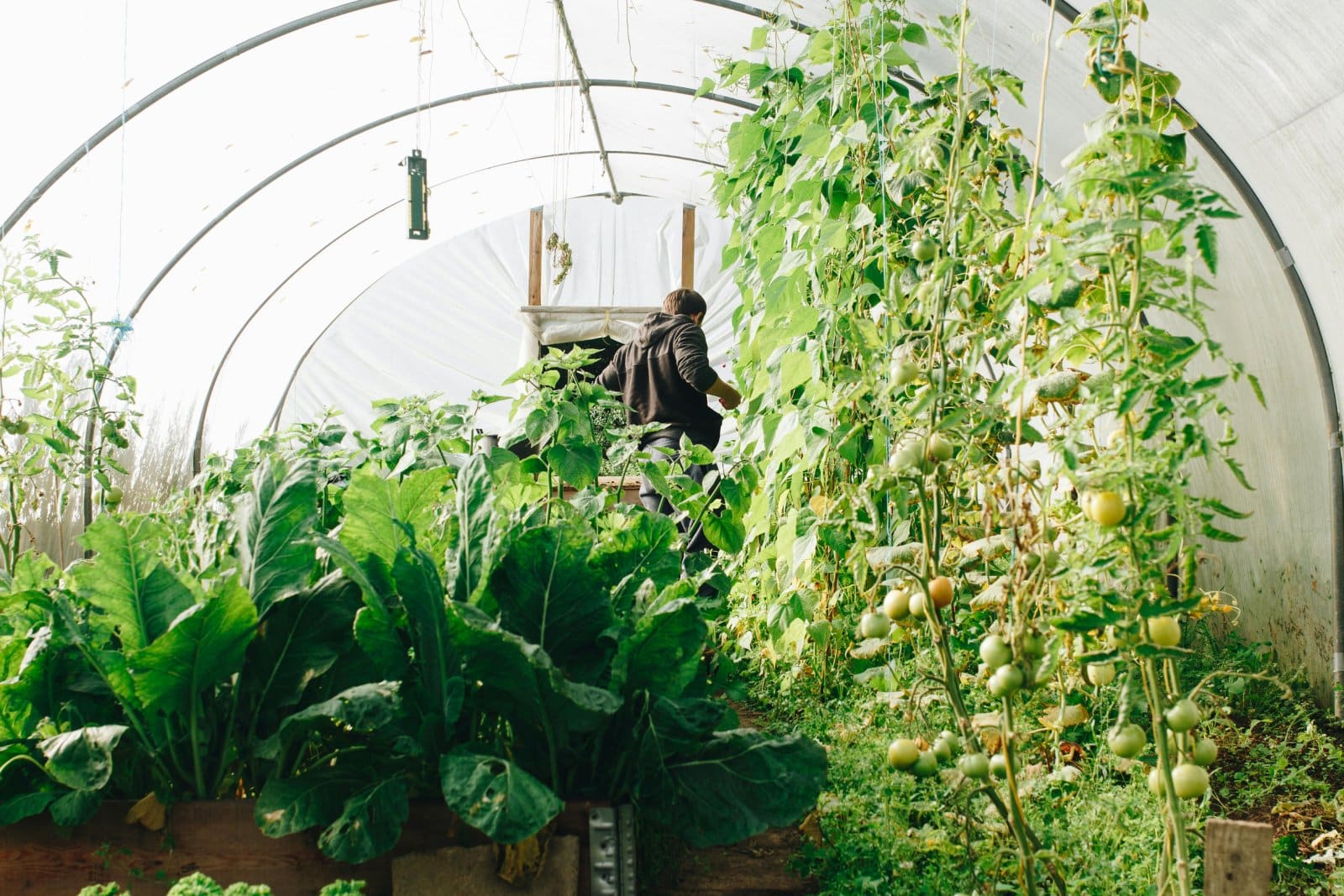
Image Credit: Pexels / João Jesus
Certain plants benefit from being planted together. Companion planting can improve growth, repel pests, and enhance flavor.
12. Install Solar Lights
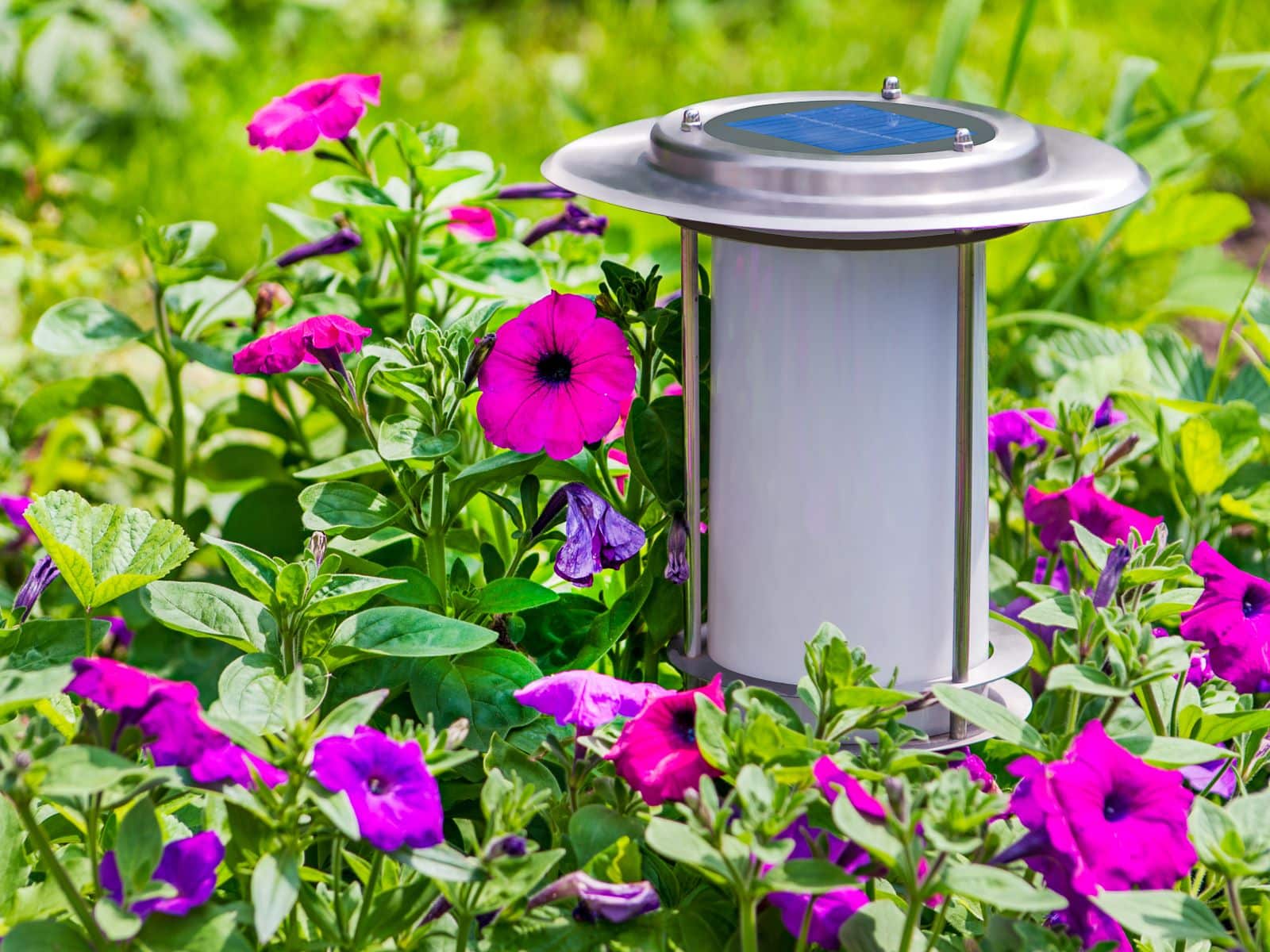
Image Credit: Shutterstock / GLandStudio
Solar-powered garden lights are energy-efficient and reduce electricity costs. They also add a charming ambiance to your garden.
13. Create a Wildlife Habitat
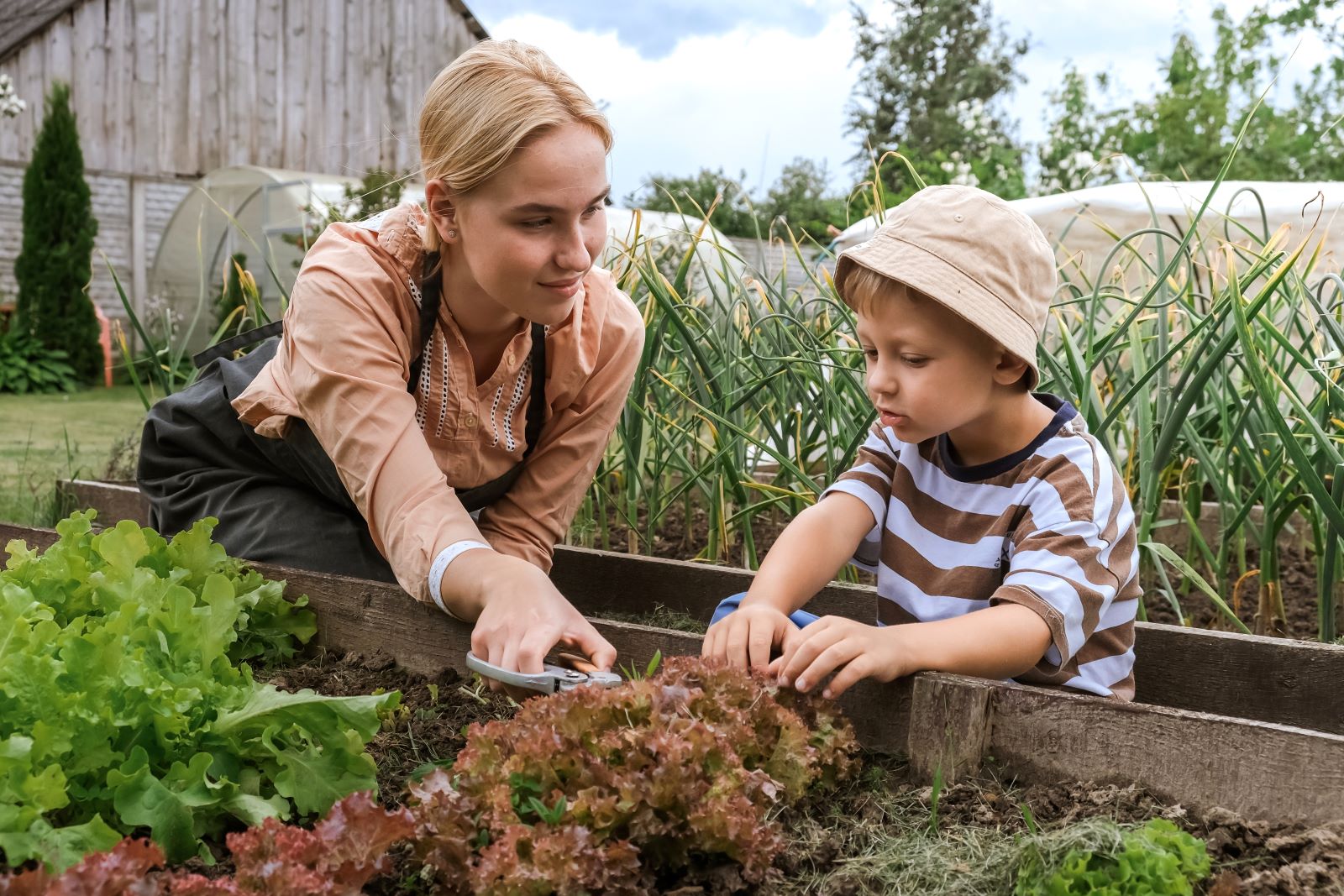
Image Credit: Shutterstock / Shyntartanya
Provide food, water, and shelter for local wildlife. A diverse garden ecosystem supports birds, insects, and small animals.
14. Use Permeable Paving
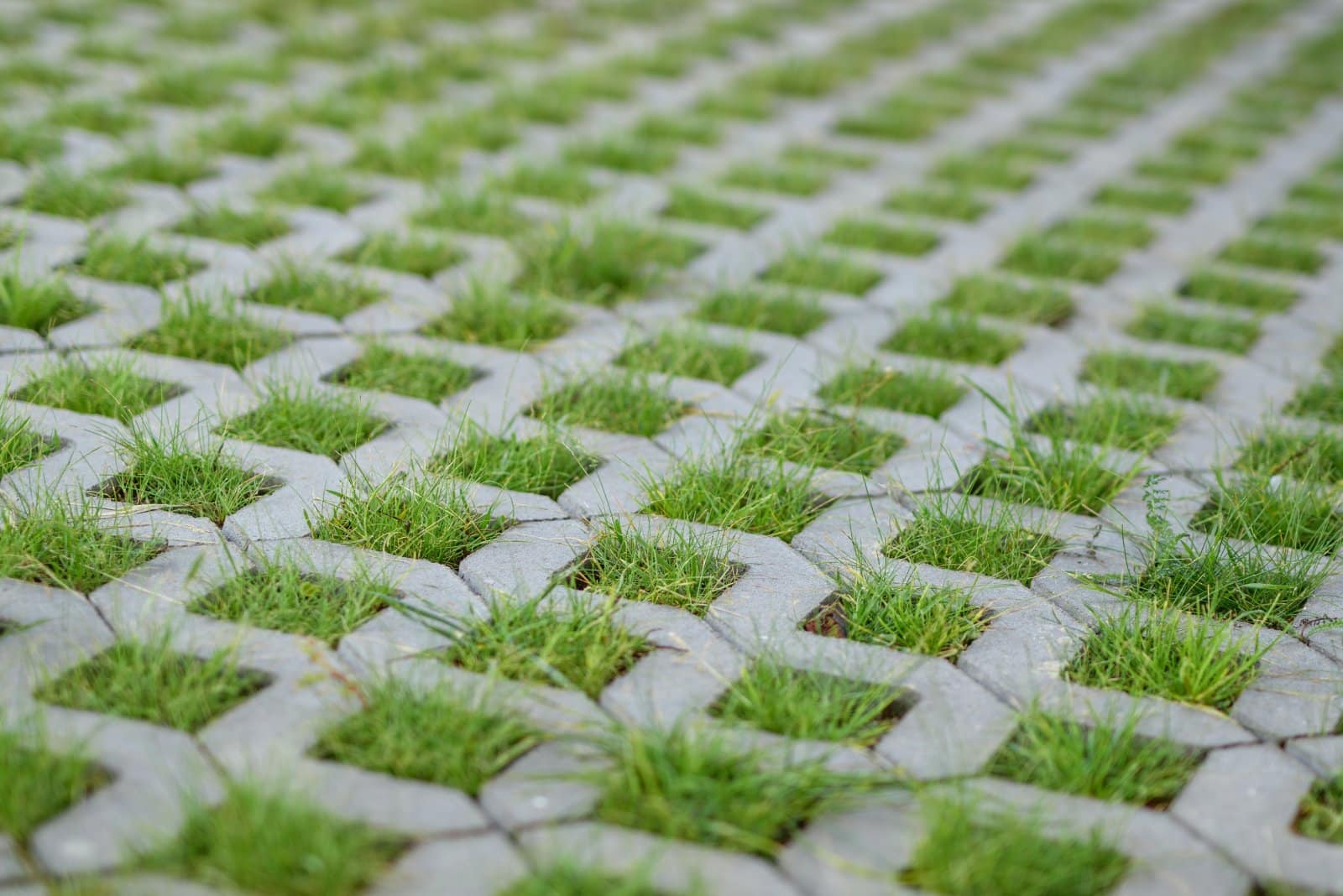
Image Credit: Shutterstock / PawelKacperek
Permeable paving materials allow rainwater to seep into the ground. This reduces runoff and helps replenish groundwater supplies.
15. Reduce Lawn Size

Image Credit: Shutterstock / nieriss
Lawns require a lot of water, fertilizer, and maintenance. Replace parts of your lawn with native plants, ground covers, or edible gardens to save resources.
16. Recycle Garden Waste
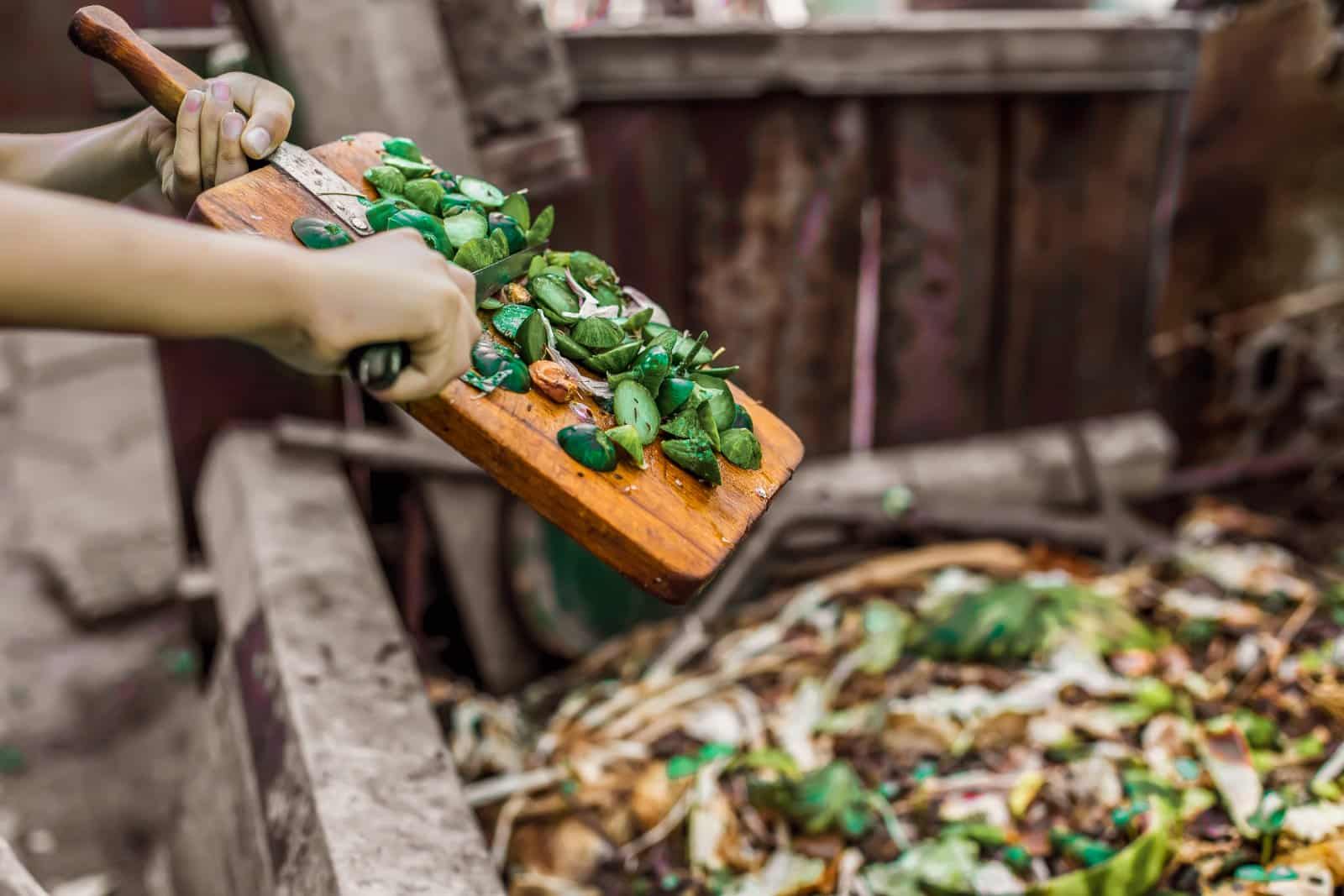
Image Credit: Shutterstock / lomiso
Use leaves, grass clippings, and other garden waste as mulch or compost. This recycles nutrients back into your garden and reduces waste.
17. Grow Perennials

Image Credit: Shutterstock / Anne Katherine Jones
Perennials return year after year, reducing the need for replanting. They also help maintain soil structure and provide continuous habitat for wildlife.
18. Create a Shade Garden
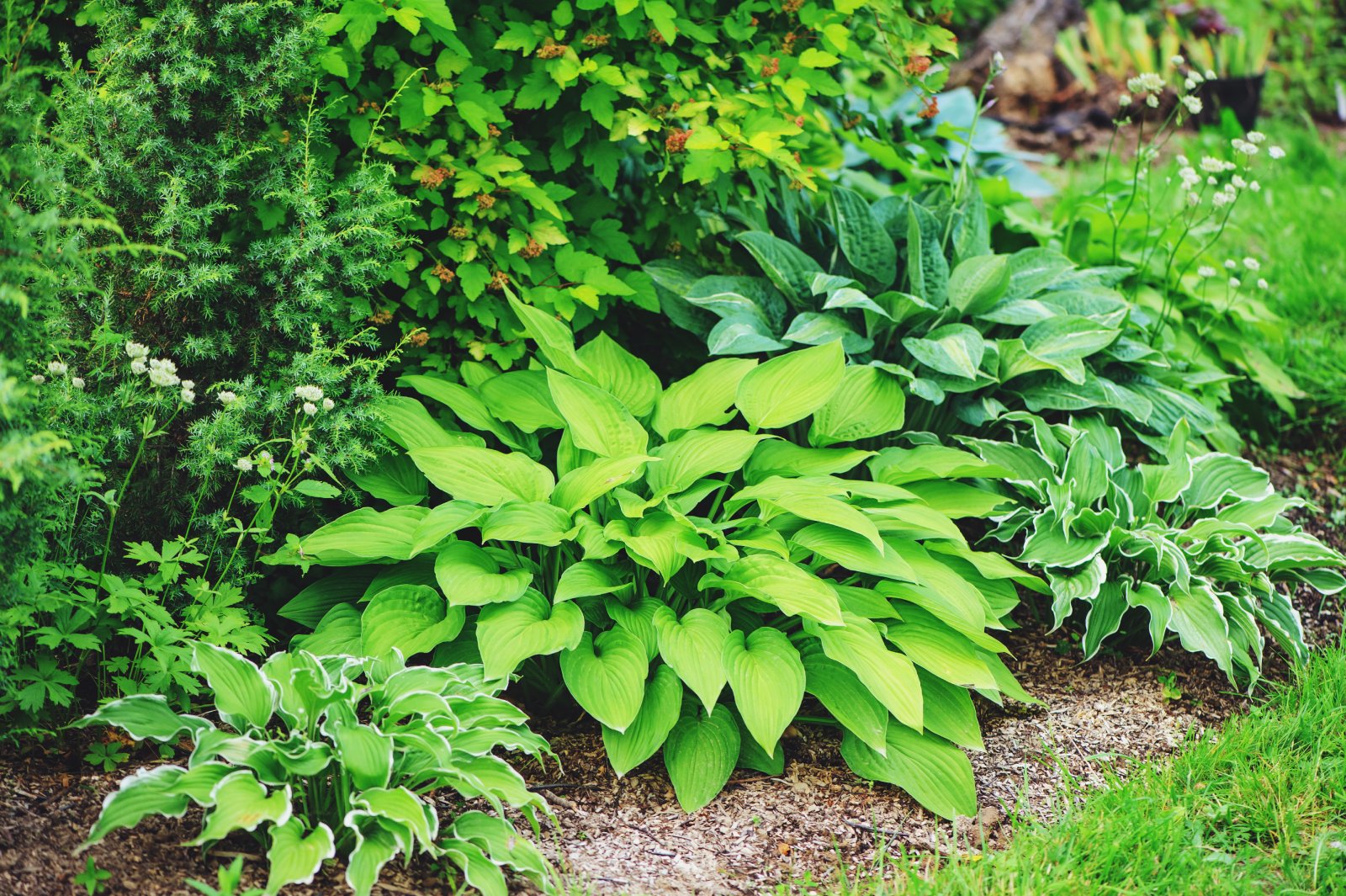
Image Credit: Shutterstock / Maria Evseyeva
Planting trees and shrubs to create shaded areas can lower your home’s cooling costs. Shade gardens also provide a cool retreat during hot weather.
19. Use Greywater
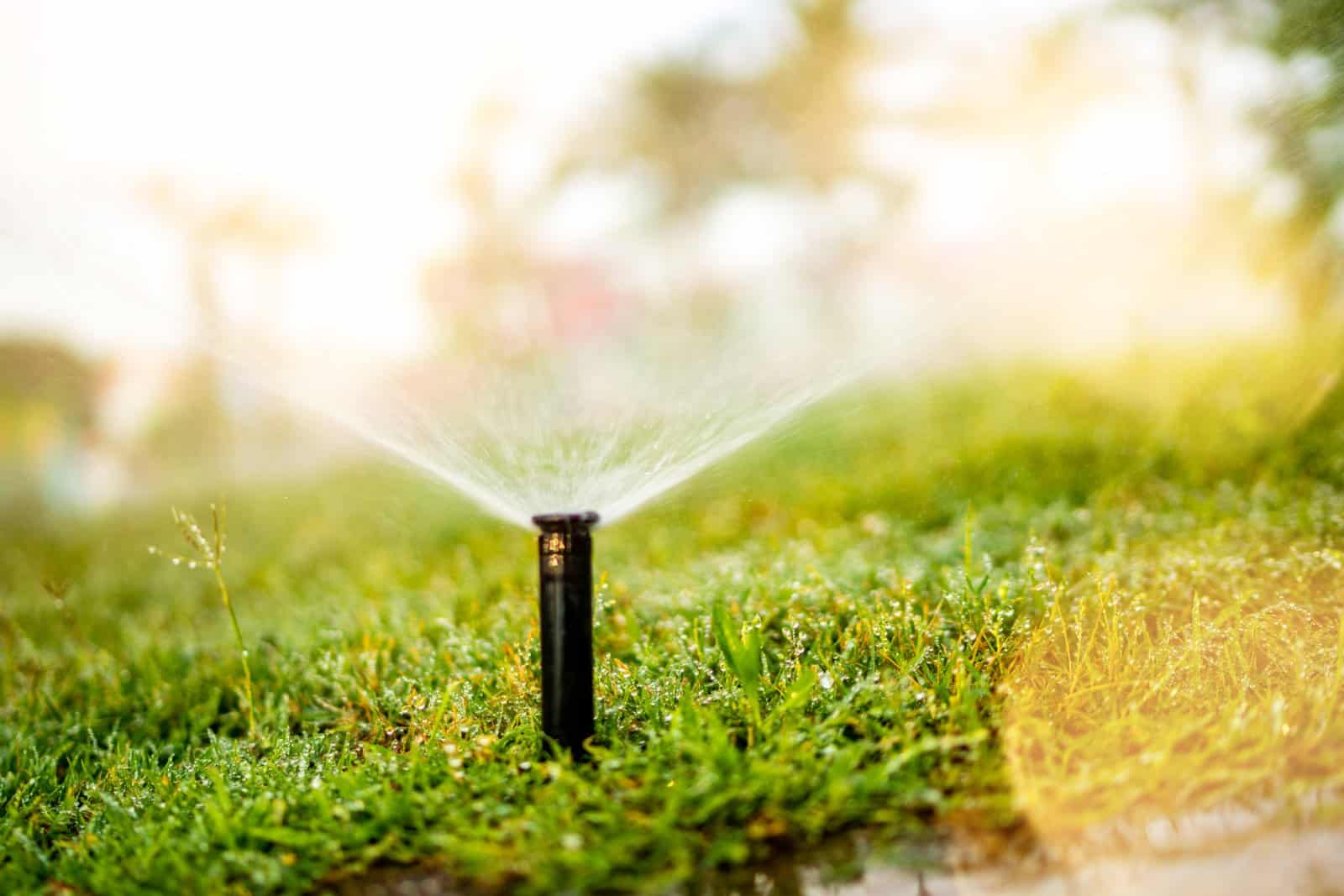
Image Credit: Pexels / bogubogu
Recycle greywater from sinks, showers, and washing machines for garden irrigation. This reduces fresh water usage and saves money.
20. Avoid Chemical Pesticides
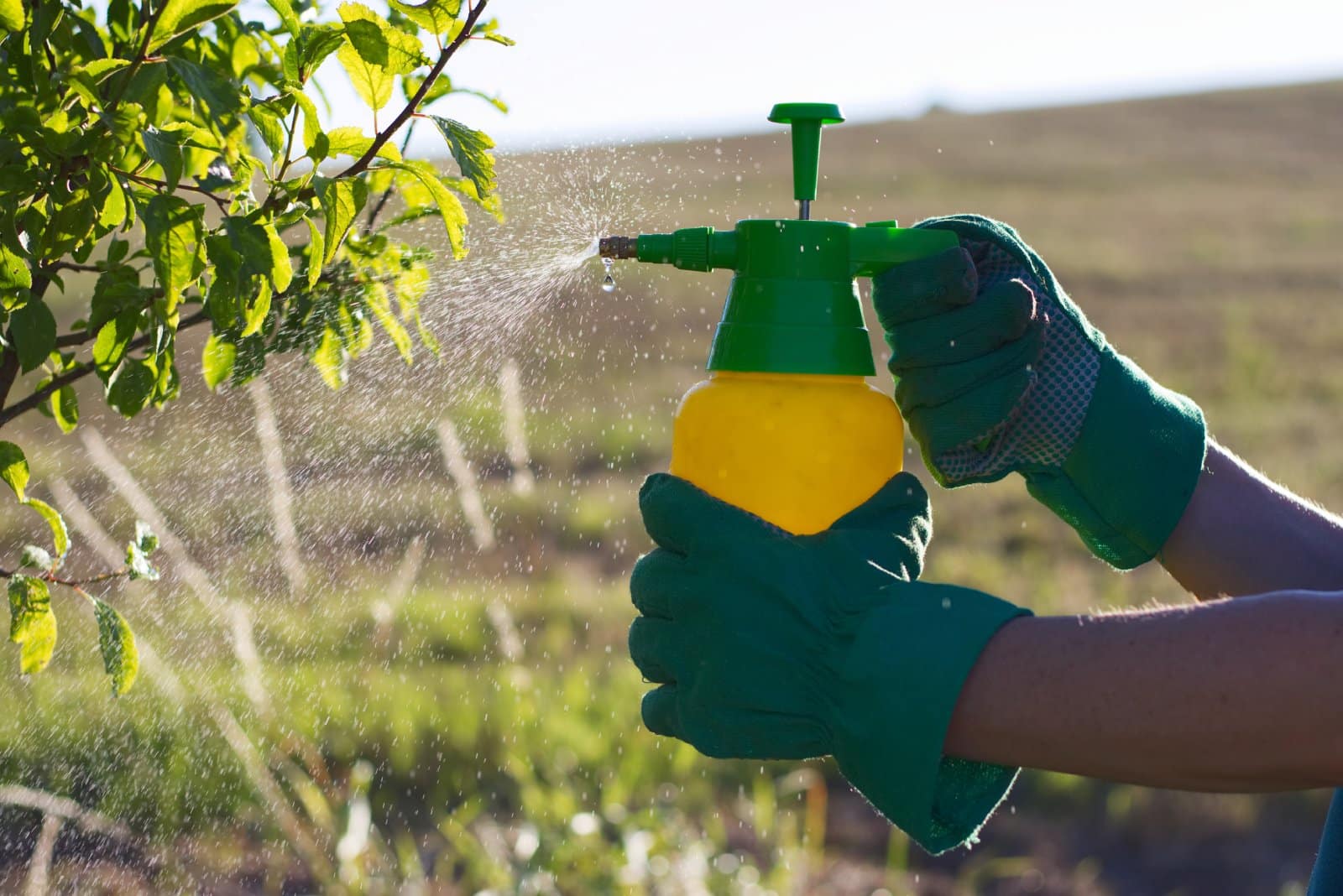
Image Credit: Shutterstock / encierro
Opt for natural pest control methods like neem oil, diatomaceous earth, or beneficial insects. This protects the health of your garden and the environment.
21. Install Windbreaks
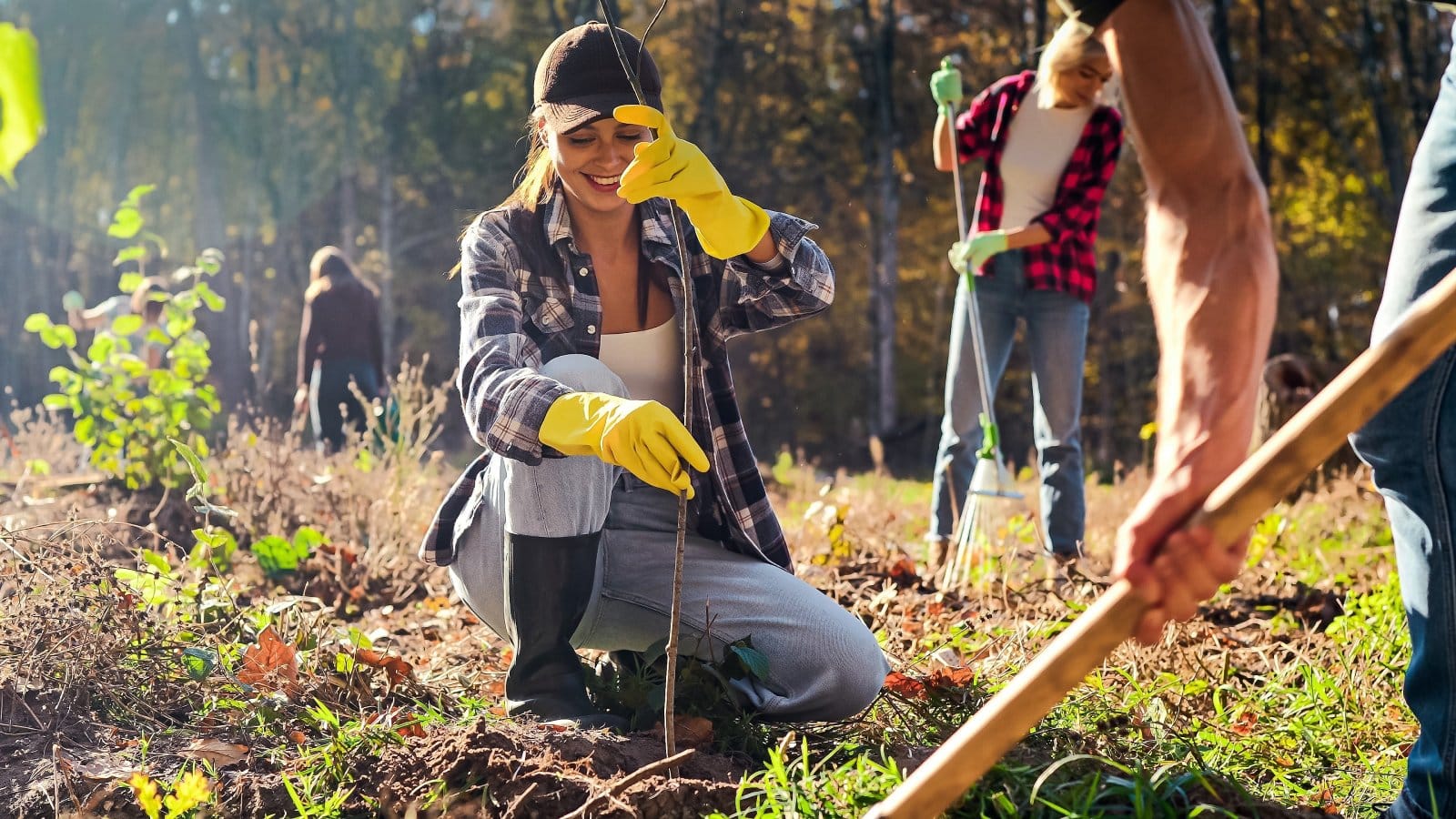
Image Credit: Shutterstock / VesnaArt
Planting trees and shrubs as windbreaks can reduce heating costs by blocking cold winds. They also protect your garden from wind damage.
22. Grow Vertical Gardens
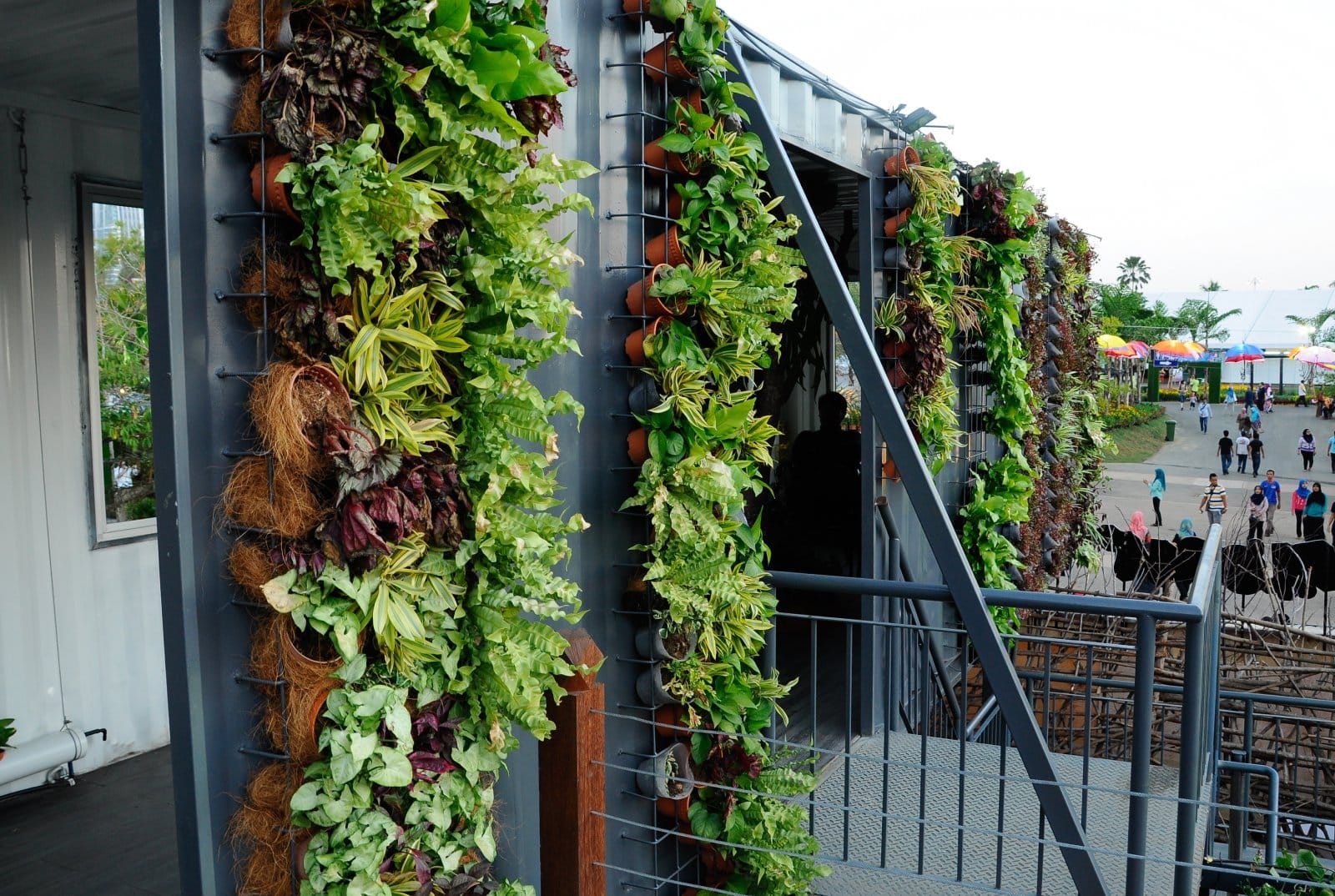
Image Credit: Shutterstock / Aisyaqilumaranas
Vertical gardens maximize space and can be grown on walls, fences, or trellises. They’re ideal for small spaces and add visual interest.
23. Choose Drought-Resistant Plants
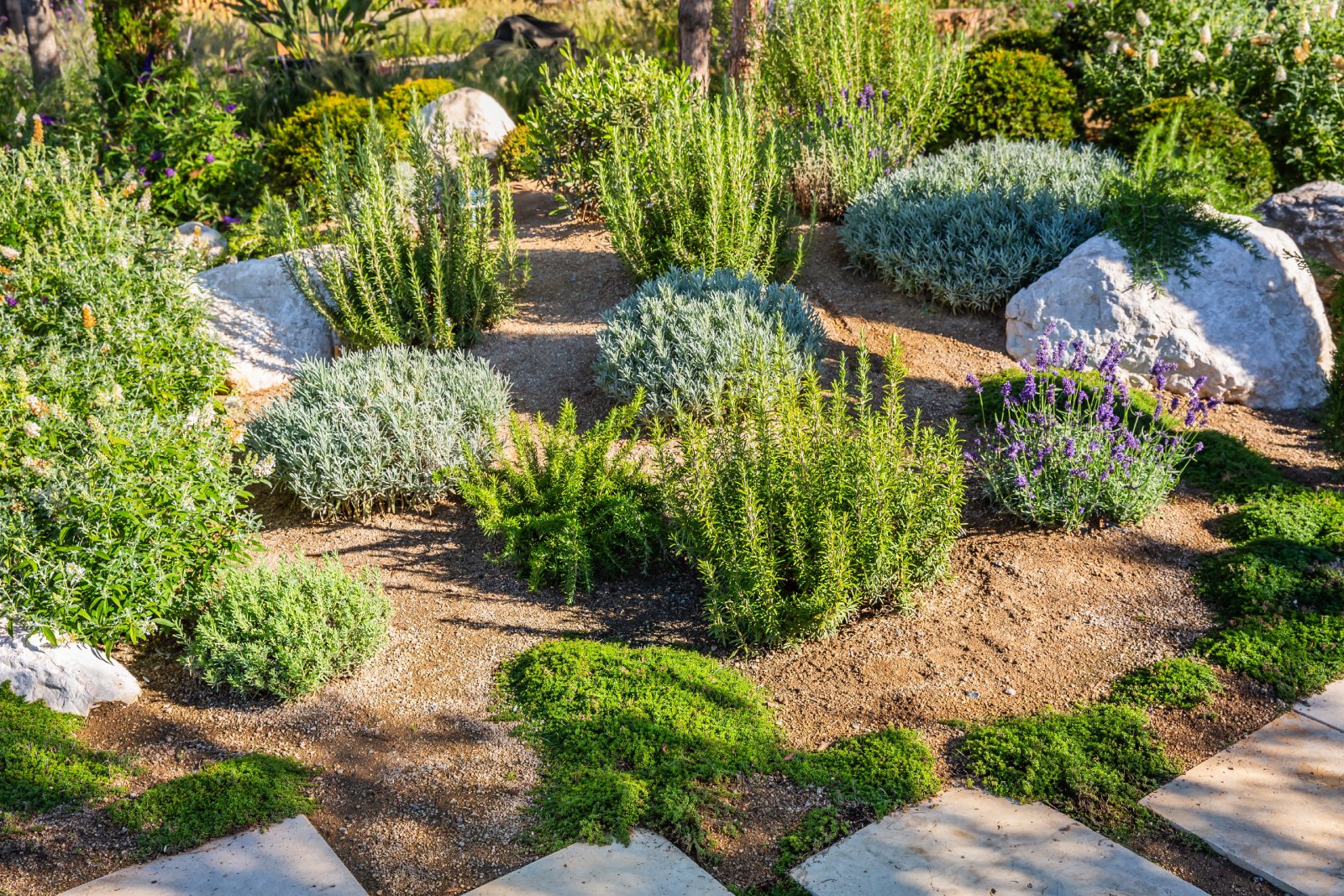
Image Credit: Shutterstock / Ingrid Balabanova
Drought-resistant plants need less water, making them ideal for dry climates. They help conserve water and reduce maintenance.
24. Create a Green Roof
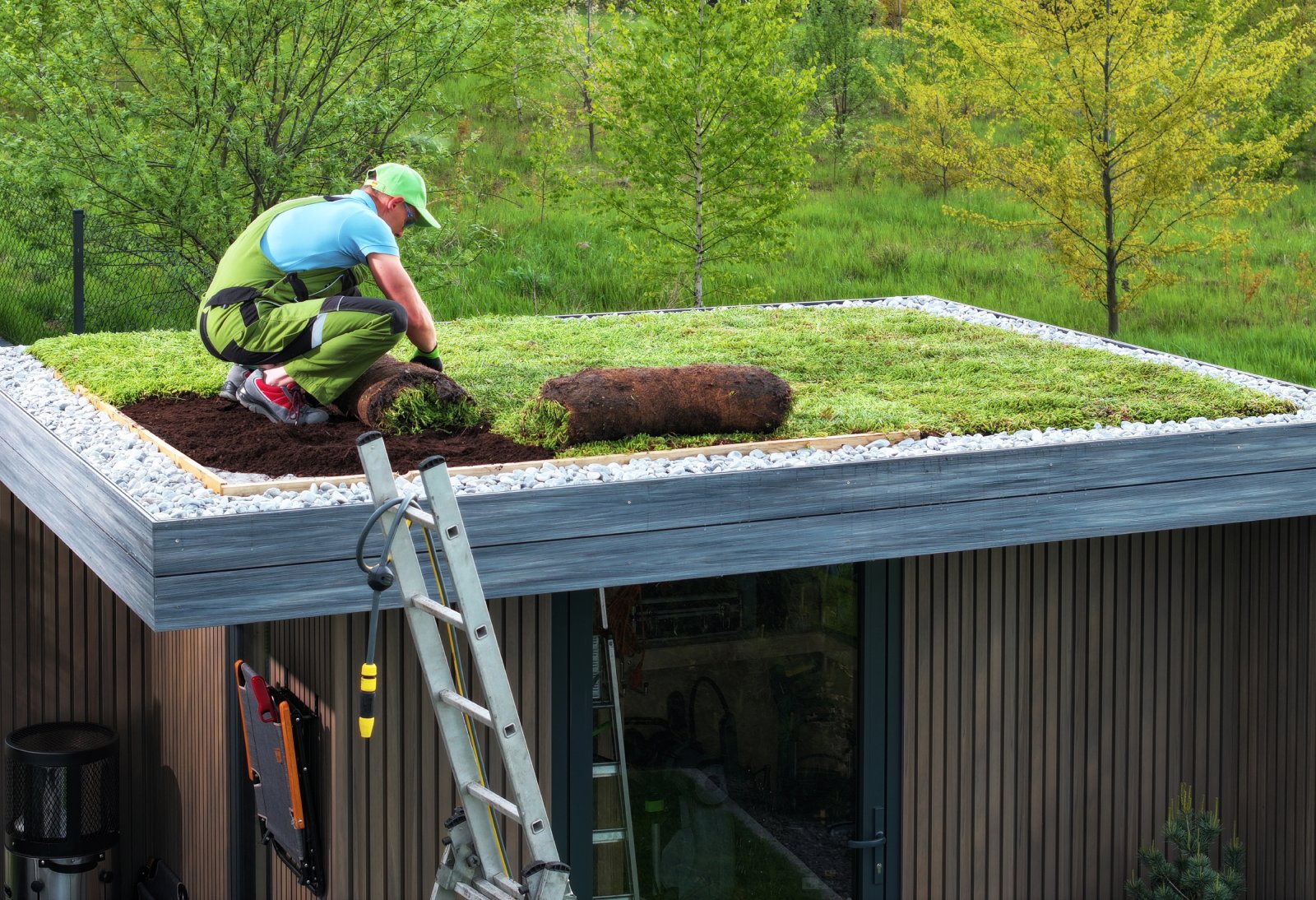
Image Credit: Shutterstock / Virrage Images
Green roofs provide insulation, reduce stormwater runoff, and improve air quality. They also create additional green space in urban areas.
25. Educate and Involve Your Family

Image Credit: Shutterstock / G-Stock Studio
Teaching your family about sustainable gardening practices fosters a sense of responsibility. Involve everyone in garden activities to make it a collective effort.
Growing a Greener Future
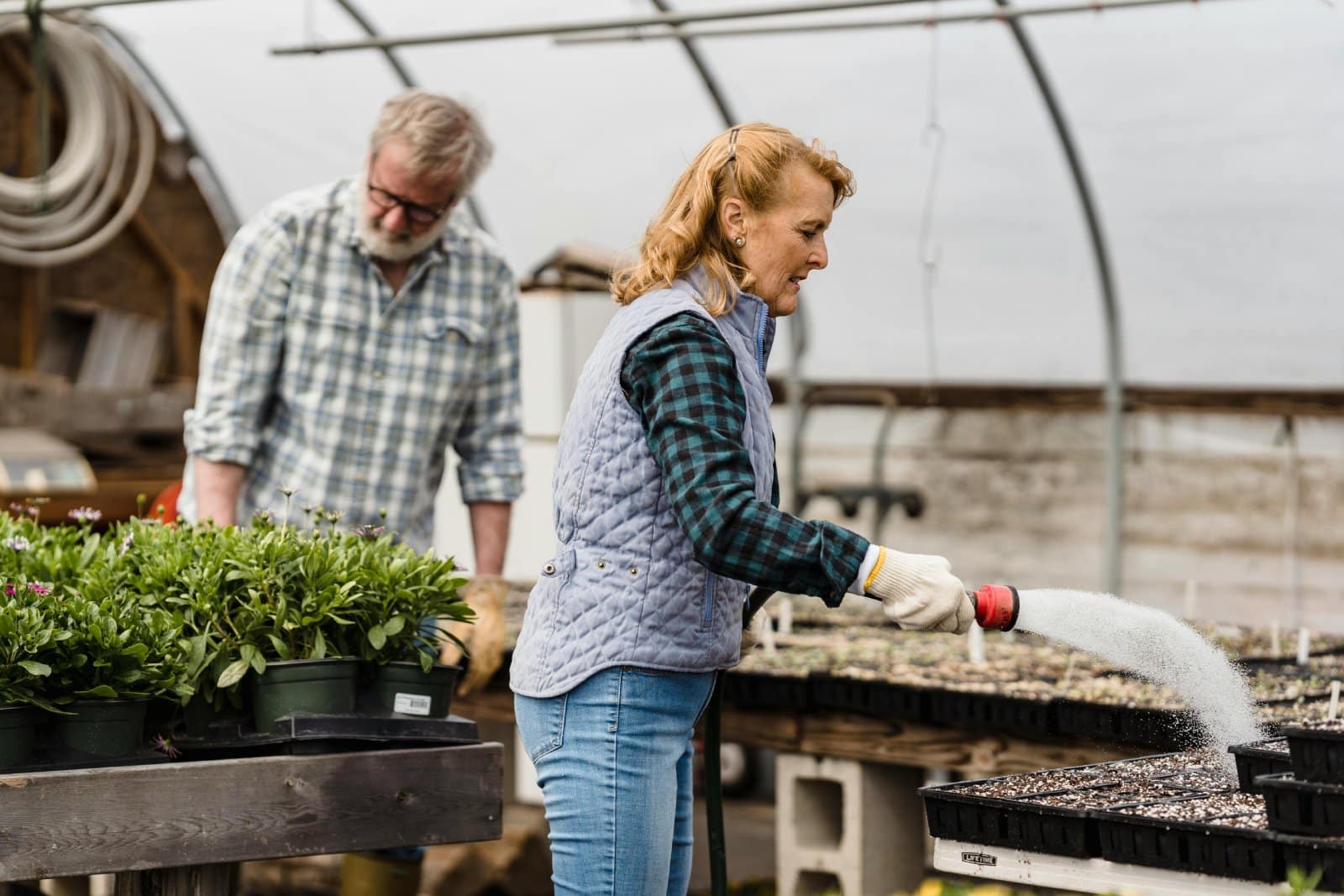
Image Credit: Pexels / Greta Hoffman
Your garden can be a powerhouse of sustainability with the right practices. From saving water to reducing waste, these smart strategies help the environment and enhance your home’s efficiency. Start implementing these tips today and watch your garden—and your home—thrive.
Oil Dumping Scandal Rocks Ships Heading to New Orleans

Image Credit: Shutterstock / Aerial-motion
Two shipping companies have been fined after knowingly hiding a large oil spill in the Atlantic Ocean. Oil Dumping Scandal Rocks Ships Heading to New Orleans
20 Eye-Opening Realities Facing Retiring Baby Boomers

Image Credit: Shutterstock / Jack Frog
As Baby Boomers approach retirement, the promise of leisure and security often seems unattainable. This generation faces unique challenges that could redefine retirement. Here’s a stark look at the realities shaping their outlook. 20 Eye-Opening Realities Facing Retiring Baby Boomers
Retail Apocalypse: Massive Closures Sweep Across U.S. Brands

Image Credit: Shutterstock / Tada Images
Stores across the U.S. are closing at unprecedented levels, according to new research from advisory firm Coresight Research. Read on for more information about the impact this could have on you and your communities. Retail Apocalypse: Massive Closures Sweep Across U.S. Brands
The post Green Up Your Space: 25 Ways to Boost Home Sustainability with Your Garden first appeared on Ecohugo.
Featured Image Credit: Shutterstock / Pinkyone.
For transparency, this content was partly developed with AI assistance and carefully curated by an experienced editor to be informative and ensure accuracy.

